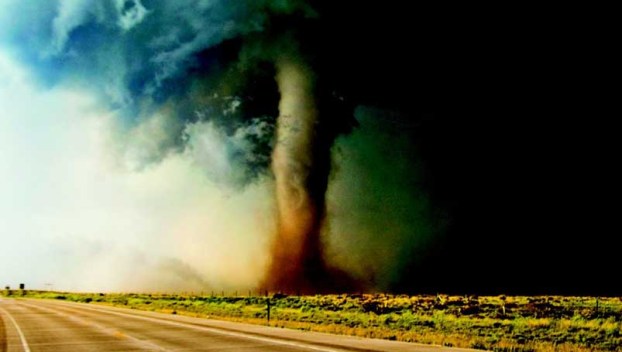
News
Be prepared: Tornado season upon us
Frequent tornado warnings are a part of life in St. Clair County, but having a weather alert radio ... Read more

Frequent tornado warnings are a part of life in St. Clair County, but having a weather alert radio ... Read more